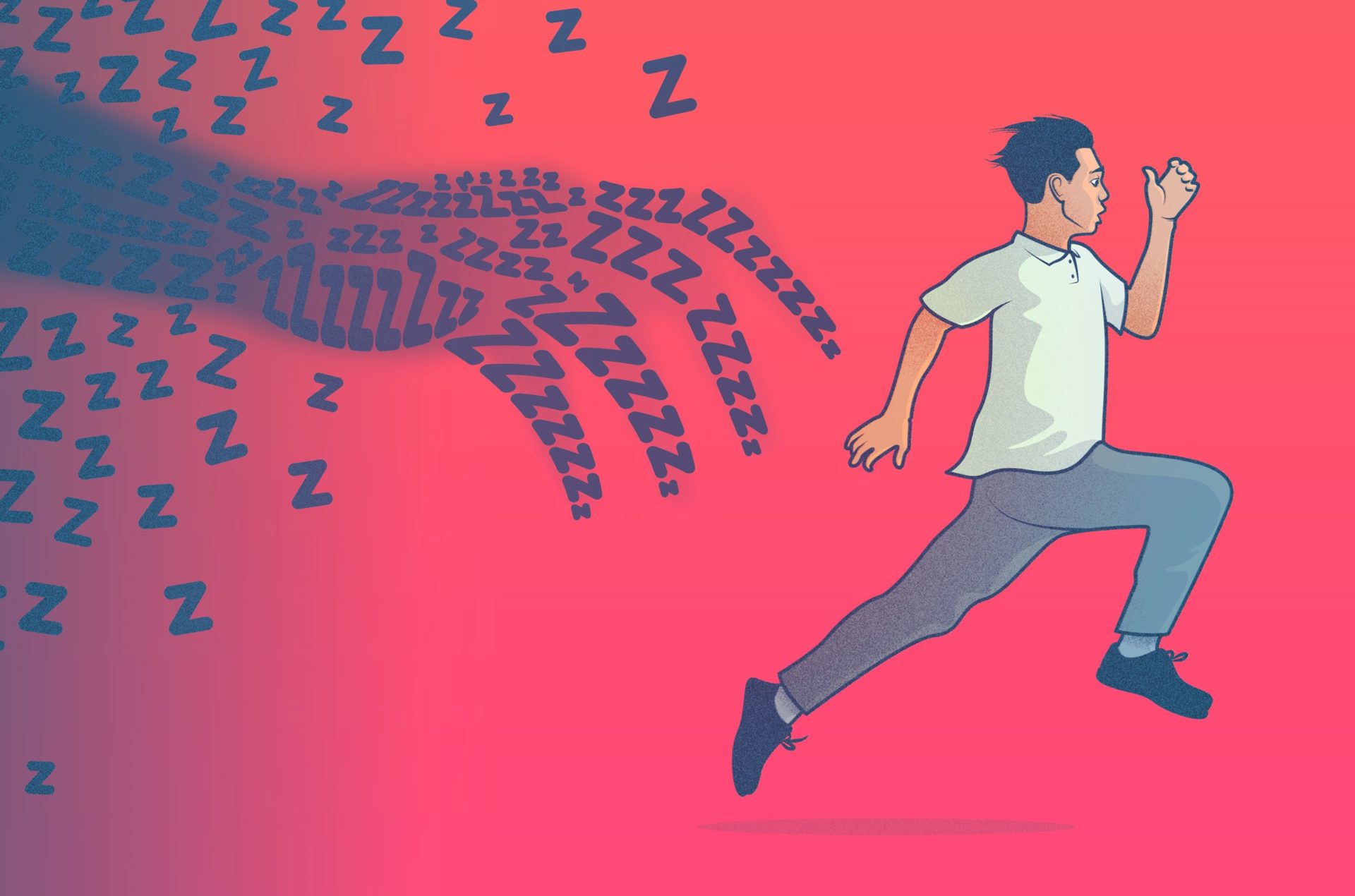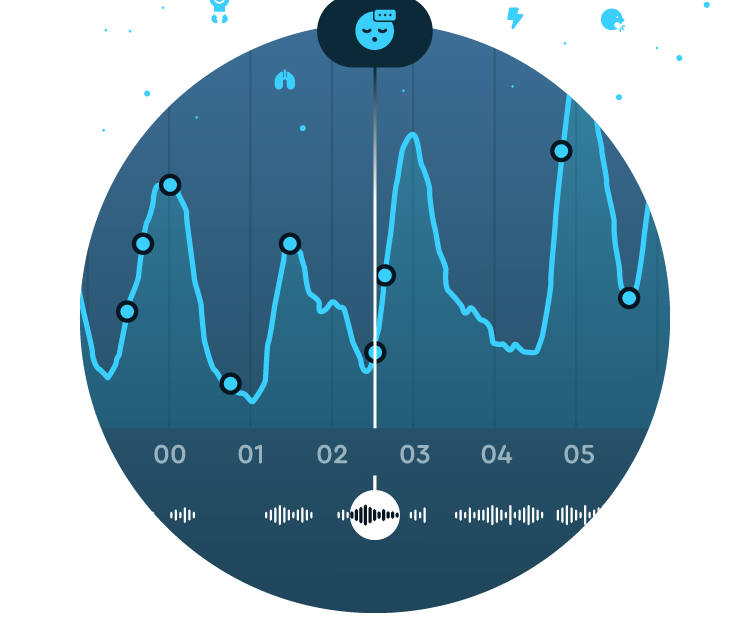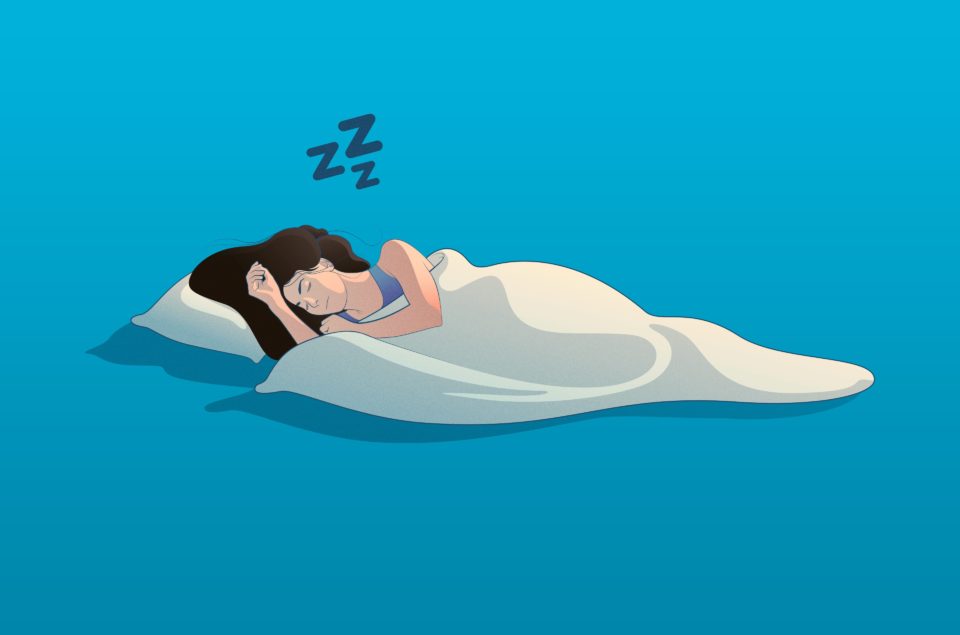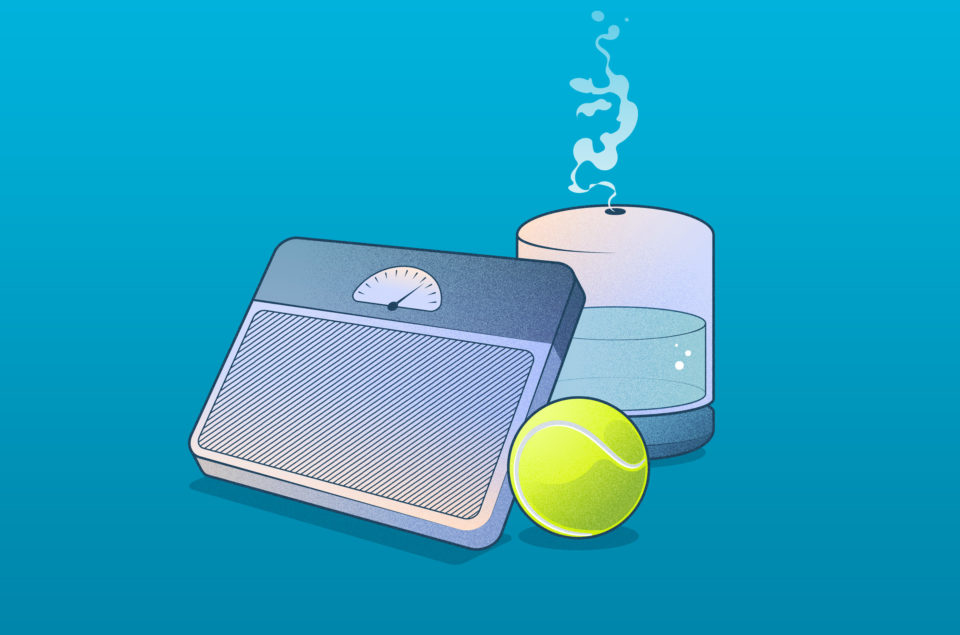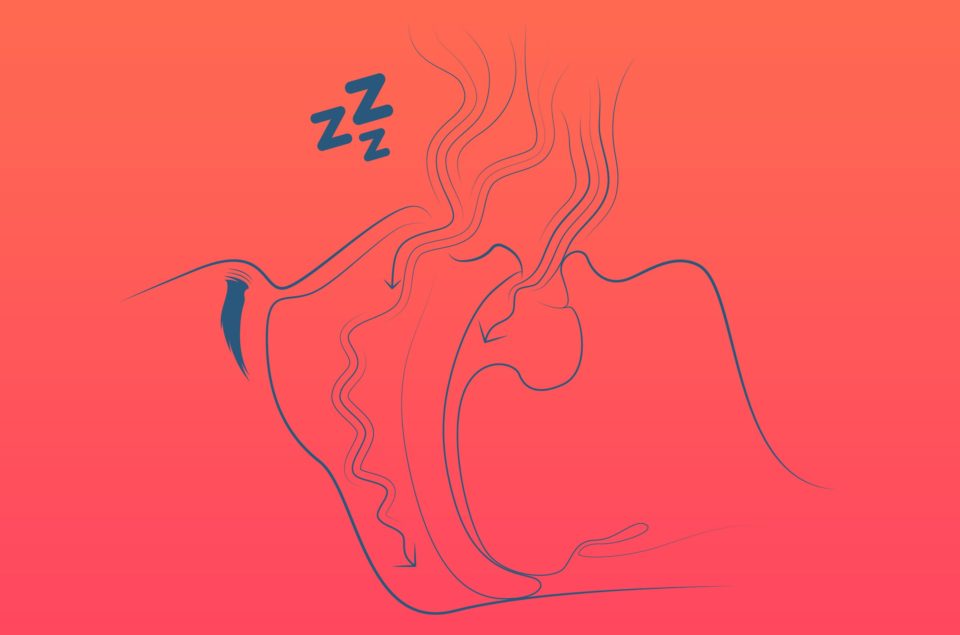Odds are, you or someone you know is a snorer. Snoring affects 57 percent of adult men, 40 percent of women, and 10 percent of children all over the world. If you sleep next to a snorer, the nightly noise is likely impacting your sleep as well.
Does snoring cause health problems? Many disregard snoring as an annoyance, a noisy part of life, and don’t take any steps to treat it. Reports from health experts reveal that habitual snoring can lead to long-term health issues and serious side effects if ignored.
Health risks and side effects of snoring
Below are some of the well-documented health risks associated with snoring.
- Poor sleep quality. People who snore can wake themselves up frequently throughout the night, sometimes without realizing it. This can negatively impact sleep quality, especially among heavy snorers. If you are consistently waking up groggy and tired regardless of how much sleep you got, you are likely suffering from poor sleep quality. Brain activity during sleep affects our ability to process emotional experiences, directly impacting mental health. Poor sleep quality, lack of sleep, and disruption of sleep caused by snoring can influence your mood and emotional well-being long term.
- Obstructive sleep apnea (OSA). Sleep apnea is an under-diagnosed sleep condition in which breathing stops involuntarily for short periods of time during sleep. OSA could be the underlying cause of heavy snoring. During obstructive sleep apnea, blood oxygen levels drop suddenly, increasing blood pressure and straining the cardiovascular system. Because of this, those with OSA are at increased risk for a number of health issues.
- Heart abnormalities. Even without sleep apnea, snoring can cause thickening and abnormalities in the carotid artery, likely due to the inflammation caused by the vibrations of snoring. This can lead to vascular diseases and heart irregularities.
- Headaches. Studies have shown links between persistent daily headaches and habitual snoring. Ann Scher, PhD, of Johns Hopkins School of Public Health, found that people with chronic headaches are 2.5 times more likely to snore than people who don’t have daily headaches. In addition, sleep deprivation caused by snoring can trigger migraines.
Causes of snoring
As we have explained in this article, different factors can affect the airway and result in snoring: from a sleep disorder like OSA to your lifestyle, age, weight and even your anatomy (small, displaced jaw). Pregnancy and menopause are common reasons for snoring in women too – hormones can lead to further throat relaxation.
How can you stop snoring?
The good news is there are a number of lifestyle changes you can make to reduce snoring and, consequently, improve your sleep and overall health.
- Sleep on your side. Side sleepers are less likely to snore. Sleeping on your side regulates airflow, whereas sleeping on your back can compress the airway. Avoid back sleeping, as it can affect breathing by blocking the airway.
- Manage your weight. Weight gain can squeeze more than just your waistline. It puts extra pressure on the internal diameter of your throat, making it more likely to collapse and cause snoring.
- Cut back on alcohol, sedatives, and smoking. These substances can impact throat muscles and may worsen snoring. To reduce your snoring, try to limit your intake of all three or avoid altogether if possible. In addition to these solutions, there are other natural snoring remedies to try, from drinking more water and cutting down on inflammatory food.
- Consider a mouthguard. Anti-snoring mouthpieces and mouthguards can reduce how much you snore. Tongue retaining devices (TRDs) hold the tongue in place to keep it from falling to the back of the throat – which can lead to snoring for back sleepers. Mandibular advancement devices (MADs) push the lower jaw forward to maximize airflow.
- Clear sinuses, decongest. If nasal congestion is causing your snoring, consider taking a decongestant, using a humidifier, and removing allergens from your bedroom could help.
- Talk to your doctor. If you suffer serious effects from your snoring, or if your snoring is negatively affecting your everyday life, seek help from a health care professional.
Identify and track your snoring
Anyone could be a snorer, and most people snore at some point in their lives. You could be spending your nights snoring and not know it, especially if you live alone.
The Sleep Cycle app has a built-in snore tracker that will monitor the sounds you make in your sleep and assess their impact on your sleep quality. These insights will empower you to make informed decisions on your journey to a better night’s sleep.
